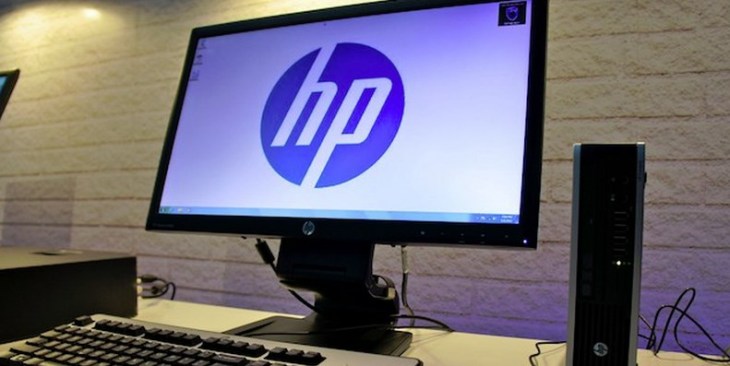Yesterday HP reported mildly disappointing earnings, and after an earnings call that was more a request for patience than a rallying call, investors sent the company’s shares down heavily. HP is trading more than 12 percent down today.
However, despite repeating a declared internal zeal for cost cutting, a balanced plan between revenue growth and margin pressure, and the goal of zero net debt, HP’s Meg Whitman today stated that the company is in the acquisition game, and for big targets to boot.
The interview, as reported by Reuters, stated that “acquisitions will become part of [HP’s] future.” The goal of the purchases would be to “shore up some of [the company’s] product holes.” The dollar figure that Whitman is willing to spend is flexible and large: $100 million to $1.5 billion.
Whitman flatly stated that HP does not need “a five or six billion dollar acquisition.” She continued that purchases between $100 million and $300 million are interesting.
Liquidity
HP, despite a perhaps unusually heavy debt load, has cash and equivalents of $13.2 billion, providing massive flexibility for the company to pick up targets large and small. HP doesn’t want to spend too heavily, given its focus on improving its balance sheet to a position of zero net debt.
Still, $13.2 billion is 132 $100 million purchases, meaning that HP can cause big waves across technology without disrupting its larger goals. The company wants to invest more in big data and the cloud — like everyone else, frankly — meaning that companies in that space could be in play. Storage was a sector, for example, that came up several times during the earnings call.
The above means that over the next 12 months or so, a few nine-figure deals could be reached. This indicates that the M&A market in technology will have at least one major happy to ink deals. Yahoo has also been incredibly active, but in the low-dollar range, buying for talent and not product, which is essentially the opposite of what HP has in mind.
That split is somewhat encouraging, given that many recent high-profile acquisitions have essentially been the hiring of product teams from failed companies with failed or failing products. That will continue. But to see product-strong firms also find exit points will be fun to watch.
All this gently refutes the new narrative that tech is in a slump. HP is in a slump, but that doesn’t mean the larger technology market is.
Top Image Credit: Vernon Chan
